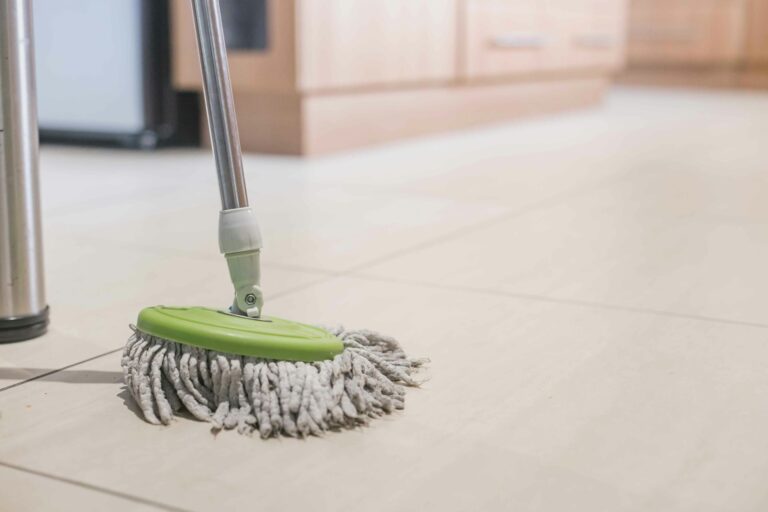Water damage can happen unexpectedly, whether from a burst pipe, a severe storm, or even a simple leak. When your home in Athens, Georgia, faces water damage, the immediate concern is often repairing the damage itself. However, another pressing issue is the potential for mold growth. Mold can start to grow within 24 to 48 hours of water damage, turning a bad situation into a hazardous one.
Mold not only damages your property but also poses health risks to you and your family. The key to preventing mold growth is taking swift and effective action right after water damage occurs. This involves a series of steps that help remove moisture and dry out your home completely. Understanding the right procedures can make a huge difference in combating mold and keeping your home safe.
Addressing water damage quickly and efficiently in Athens, Georgia, is crucial for mold prevention. This is where Sentry Restoration comes into play. In the following sections, we will cover the immediate steps to take after water damage, how to dry out your home effectively, signs of mold to look out for, and long-term strategies to keep mold at bay. By following these steps, you can better protect your home from the damaging effects of mold.
Immediate Steps To Take After Water Damage
The first thing to do after discovering water damage is to stop the water source. If it’s a burst pipe, turn off the main water line immediately. If the water damage is due to a roof leak, try to cover the area with a tarp to prevent more water from entering your home. Removing the water source quickly helps reduce the risk of extensive damage and mold growth.
Next, ensure you and your family are safe. Water damage can sometimes compromise the electrical system in your home. Turn off electricity in affected areas to avoid any electrical hazards. Remove any belongings from the water-damaged area to prevent further harm. Take photos of the damage for insurance purposes. These initial steps are crucial in minimizing both damage and the risk of mold.
How To Dry Out Your Home Effectively
Drying out your home promptly is essential to prevent mold. Use a combination of fans, dehumidifiers, and proper ventilation to thoroughly dry the affected area. Set up fans to circulate air and point them towards the damp areas. Dehumidifiers can help remove moisture from the air, making the drying process faster. In places like Athens, Georgia, where humidity can be high, these tools are especially important.
For larger areas, it might be necessary to pull up carpets and remove portions of drywall or insulation that are wet. These materials can trap moisture and foster mold growth if not properly dried. Open windows and doors to increase airflow if weather conditions allow. Check moisture levels with a moisture meter to ensure that all areas are completely dry. Thorough drying is key in preventing mold from taking root.
Signs of Mold To Watch For
After water damage, it’s important to stay vigilant for any signs of mold. Mold can appear as black, green, or white spots on walls, ceilings, and other surfaces. It often has a fuzzy or slimy texture and may start in small patches that gradually spread. These spots are usually found in damp, dimly lit areas where moisture lingers.
Another clear sign of mold is a musty odor. If you notice a strong, earthy smell, it’s likely that mold is present. Additionally, if you or your family members start experiencing allergy-like symptoms such as sneezing, coughing, or skin rashes, mold could be the culprit. Mold spores can negatively impact indoor air quality, leading to health issues. Recognizing these signs early allows you to take action before mold spreads further.
Long-Term Prevention Strategies Against Mold After Water Damage
Preventing mold in the long term involves more than just addressing immediate water damage. Regular maintenance is key to keeping your home mold-free. Inspect your home frequently for leaks in plumbing, roofs, and windows. Fix any leaks promptly to prevent water from seeping into walls and flooring. You can also use mold-resistant products for renovations, such as mold-resistant drywall and paint.
Ensure your home has proper ventilation, especially in high-moisture areas like bathrooms and kitchens. Exhaust fans, dehumidifiers, and regular airflow can help keep moisture levels low. Also, consider running a dehumidifier in particularly humid months, especially in a place like Athens, which can at times, have high humidity. By keeping humidity levels below 50%, you significantly reduce the chance of mold developing. Following these long-term strategies will help protect your home from the damaging effects of mold.
Conclusion
Protecting your home in Athens, GA, from mold after water damage involves quick action and regular maintenance. Addressing water damage immediately, drying out your home effectively, and staying vigilant for signs of mold are crucial steps. Use mold-resistant materials and ensure proper ventilation to keep moisture levels in check. These strategies not only protect your property but also safeguard your family’s health.
Following these guidelines, you can prevent mold from taking hold and causing further damage. Mold prevention is a continuous process that requires attention and care. If you suspect mold or need help dealing with water damage, seeking professional assistance is always a good idea.
For expert mold prevention and damage restoration in Athens, Georgia, contact Sentry Restoration. Our dedicated team is here to help you maintain a safe and healthy home. Reach out to Sentry Restoration today for comprehensive solutions to keep mold at bay.



